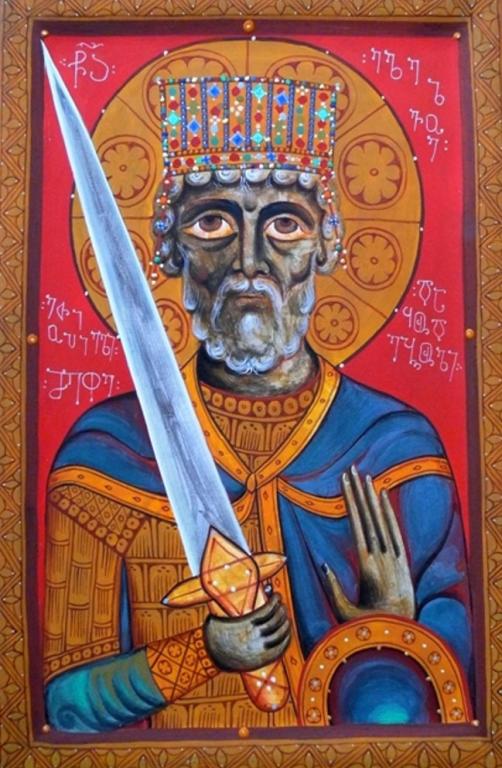 We cannot be sorry for a thing we have not done, yet we might have done things we do not know. Every week in church I confess sins known and unknown. There are bad things we do, even if we do not know they are bad.
We cannot be sorry for a thing we have not done, yet we might have done things we do not know. Every week in church I confess sins known and unknown. There are bad things we do, even if we do not know they are bad.
When called to repent for the sin of injustice in the form of racism, some people respond that they are personally not racist nor have they ever done a racist act. As a result (assuming this is true), they resent being asked to repent for a sin they have not committed.
This strikes me as very reasonable, but incomplete.
Any Christian knows we can do bad things that we do not know are bad. If I should know a thing is wrong and blissfully do it with ignorance, I am responsible for my ignorance! Ignorance of the law is, after all, no excuse.
Choose to drive? You’d better not ignore the speed limit signs, because saying you did not know the speed limit will never impress the police officer.
If we were born in the United States with any kind of education, then we know that for hundreds of years African-Americans were enslaved. For a century following the end of slavery, the state forced races to segregate. Thankfully, heroes arose and ended this wicked system.
Good.
It has now been almost fifty years since that time. Is the problem gone? My African-American brothers and sisters say: “no.” When I investigate such claims, there is overwhelming evidence that being black in America is hard! There is a problem in American that is limiting success, liberty, and participation in the good things of the culture. When all other explanations are exhausted, we discover that the problematic attitudes of white people toward African-Americans still exist.
Some white people somewhere have a problem.
Somebody, somewhere, sometime is racist.
Let’s assume for a moment we (if we happen to be white) are not that person, ever. We (if we happen to be white) did not inherit dispositions and attitudes from the culture. Despite Socrates’ warnings, we do not have unexamined lives. We are color blind.
Good.
Thank God.
Except to be color blind when some powerful people are not is a sin. Why?
Imagine a person who would never kill a man. This good man lives in a culture where men are being murdered. When he hears from the family of the murdered man, this good man responds: “I have killed no man. I am not a killer.” He does nothing to solve the problem, though he never kills himself. This man isn’t a killer, but he he is allowing the killer to go on killing by refusing to recognize something is wrong.
We cannot live in the same neighborhood as Jack the Ripper and innocently ask why people keep nattering about knives. In the same way, when brothers and sisters are facing injustice, we cannot rest easy because we are personally not responsible. Any decent person has a duty to seek justice.
To accept injustice is to be unjust.
What must be done?
If one is not an African-American, then one must live an examined life (always good) if one is an American. We know we have grown up in a society that is one generation (mine) from enforced segregation. We know that in the 1940’s US Senators were writing texts defending white supremacy (Theodore Bilbo). We know that the source of one of the first great epic films (Birth of a Nation) was the racist Thomas Dixon. There is no doubt that Woodrow Wilson and the scientific racists created public school text books that intentionally doubled down on a white supremacy agenda.
We are not Bilbo, Dixon, or Wilson
Thank God.
Yet: what if the Bilbo, Dixon, Wilson ideas went underground? What if there is a system that hurts our neighbor? Surely, the moral man must fight that system and repent if he has not done so.
Yes.
We should.
Nobody should repent of a crime they have not committed, but always should ask if we have ignored the crime that society, on a racist auto-pilot, commits.
To not speak against injustice is unjust. To ignore injustice is to condone injustice. To ignore pain is to enable pain.
That’s the problem I see too often in me.
Lord Jesus Christ, son of God, have mercy on me a sinner.











